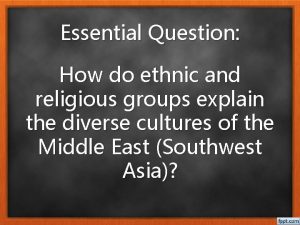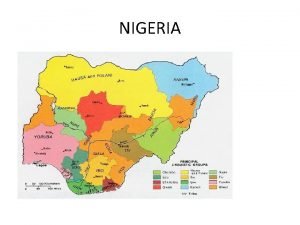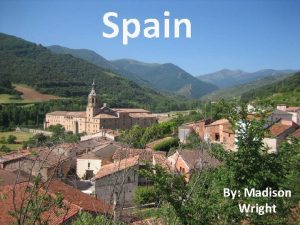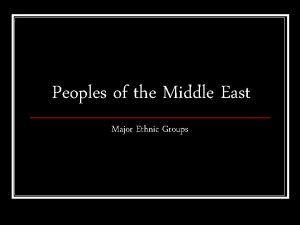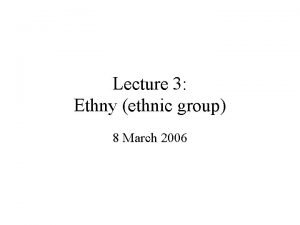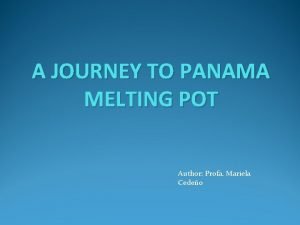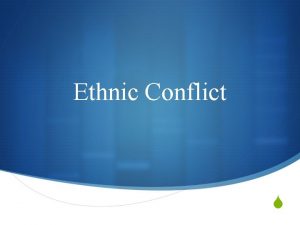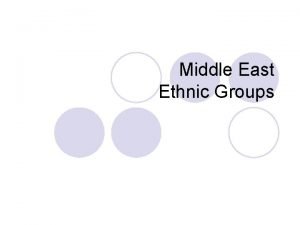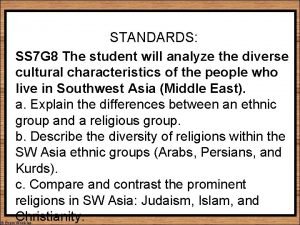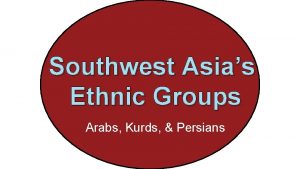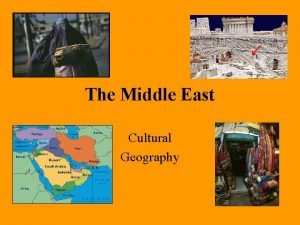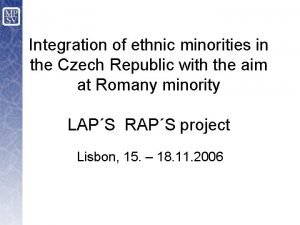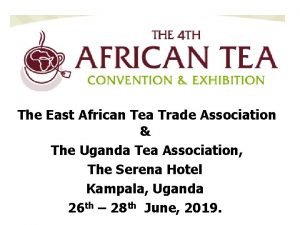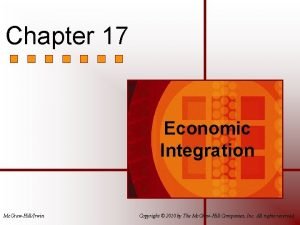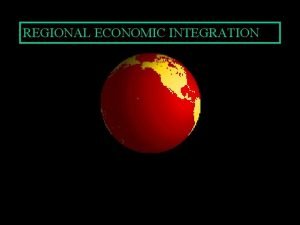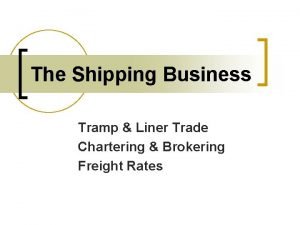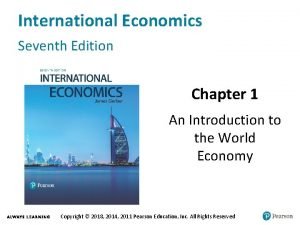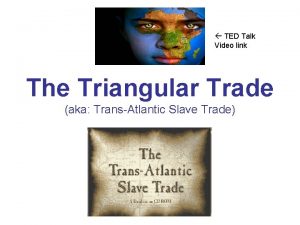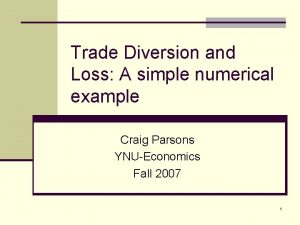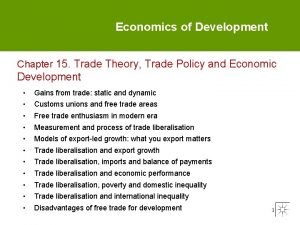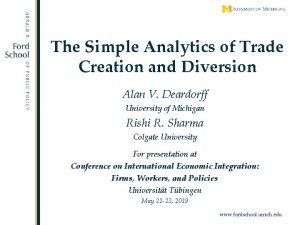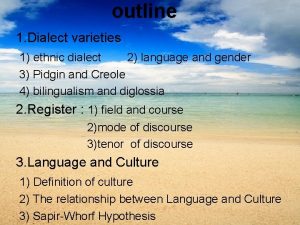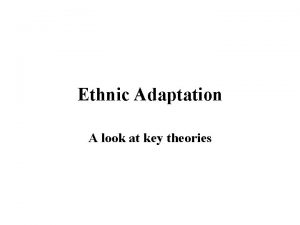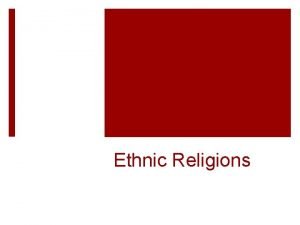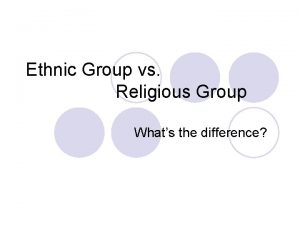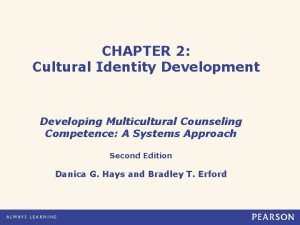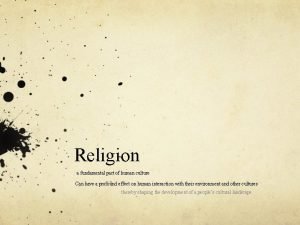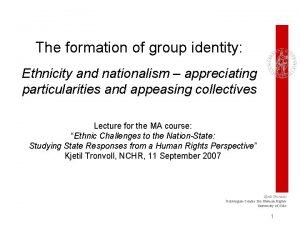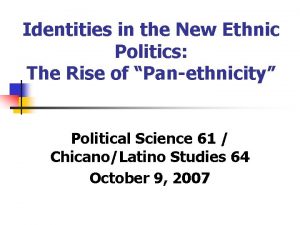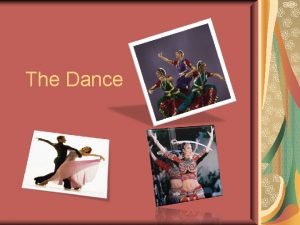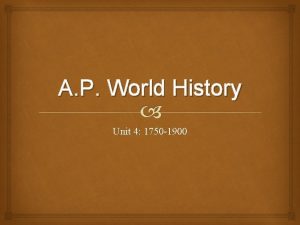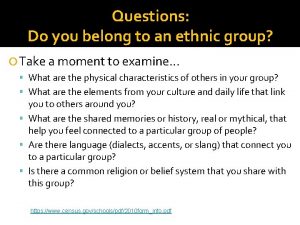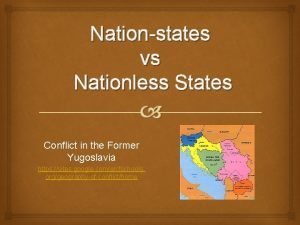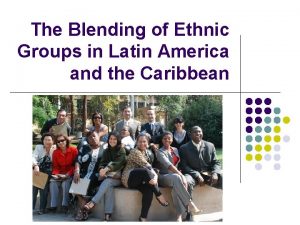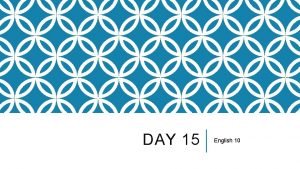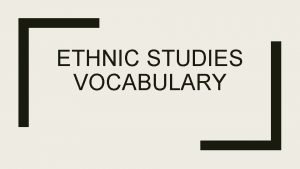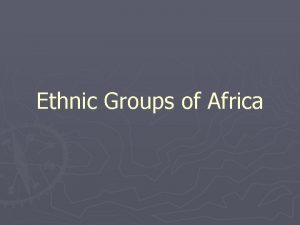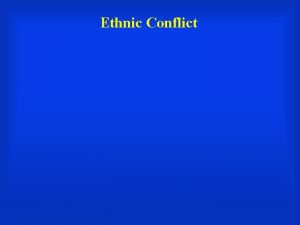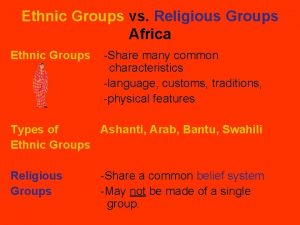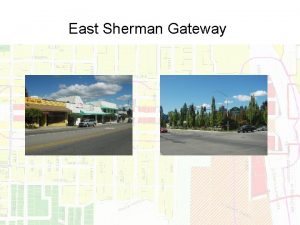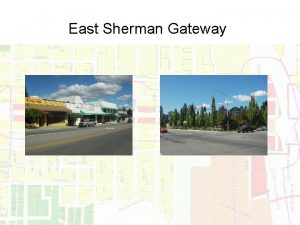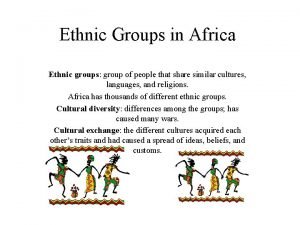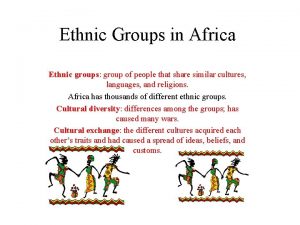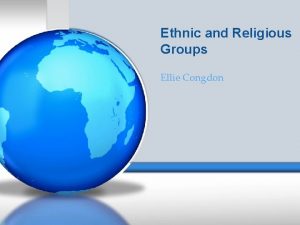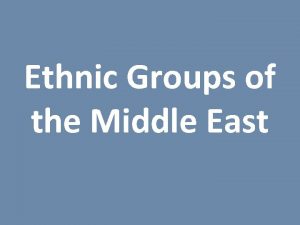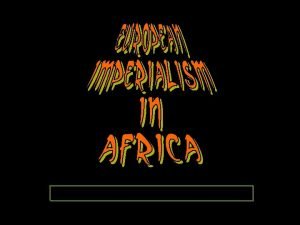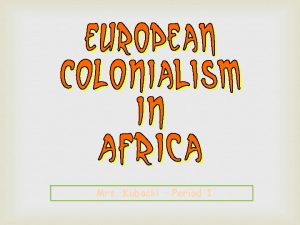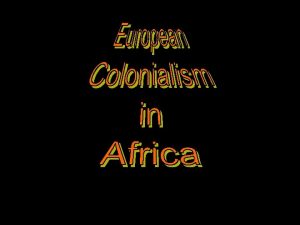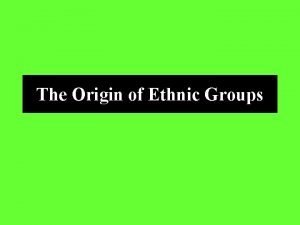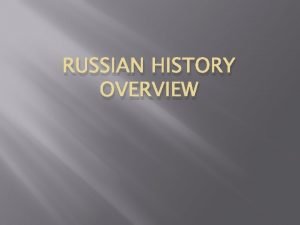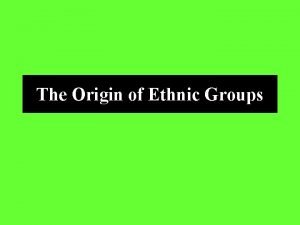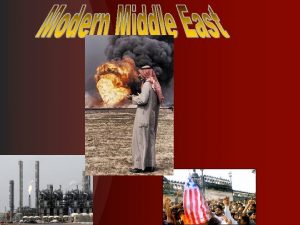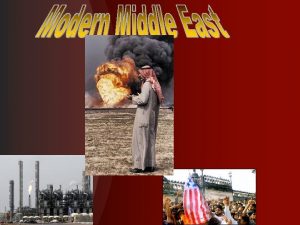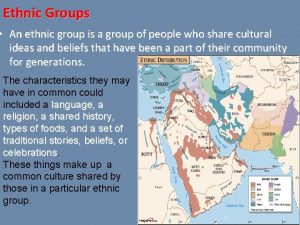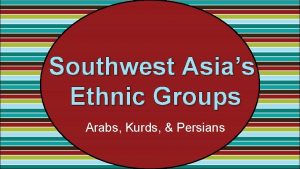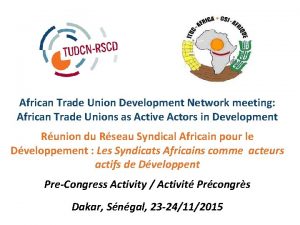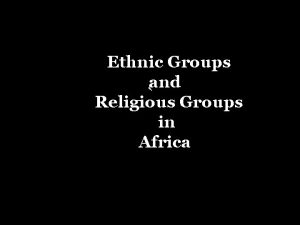African Ethnic Groups African Trade 15 c17 c


![African Trade [15 c-17 c] African Trade [15 c-17 c]](https://slidetodoc.com/presentation_image_h2/84137c70cb8374e2f9ca81c3c136d43d/image-3.jpg)







































- Slides: 42


African Ethnic Groups
![African Trade 15 c17 c African Trade [15 c-17 c]](https://slidetodoc.com/presentation_image_h2/84137c70cb8374e2f9ca81c3c136d43d/image-3.jpg)
African Trade [15 c-17 c]

European Explorers in Africa 19 c Europeans Map the Interior of Africa

Pre-19 c European Trade with Africa

Where Is Dr. Livingstone? Doctor Livingstone, I Presume? Dr. David Livingstone Sir Henry Morton Stanley



The Congo Free State or The Belgian Congo

King Leopold II: (r. 1865 – 1909)

Harvesting Rubber

Punishing “Lazy” Workers

5 -8 Million Victims! (50% of Popul. ) It is blood-curdling to see them (the soldiers) returning with the hands of the slain, and to find the hands of young children amongst the bigger ones evidencing their bravery. . . The rubber from this district has cost hundreds of lives, and the scenes I have witnessed, while unable to help the oppressed, have been almost enough to make me wish I were dead. . . This rubber traffic is steeped in blood, and if the natives were to rise and sweep every white person on the Upper Congo into eternity, there would still be left a fearful balance to their credit. -- Belgian Official

Belgium’s Stranglehold on the Congo

Source for Raw Materials Industrial Revolution Markets for Finished Goods European Nationalism Missionary Activity European Motives For Colonization Military & Naval Bases Social Darwinism Places to Dump Unwanted/ Excess Popul. European Racism “White Man’s Burden” Humanitarian Reasons Soc. & Eco. Opportunities

Social Darwinism

The “White Man’s Burden” Rudyard Kipling

The “White Man’s Burden”?

Forces Enabling Imperialism

The Maxim Gun

Transportation and Communication

Anti-Malaria Drugs

The Berlin Conference • laid down rules for the conquest of Africa • agreed that any European country could claim land in Africa if they notified others of the claim and could show they controlled the area • Africa was divided without paying attention to the linguistic, cultural, or ethnic groups • no Africans were at the meeting • by 1914 only Liberia and Ethiopia were free from European control

The Scramble for Africa

The Scramble for Africa

Africa in 1914


Dutch Landing in 1652

Shaka Zulu (1785 – 1828)

Boers Clash With the Tribes Boer Farmer

The Great Trek, 1836 -38 Afrikaners

Diamond Mines Raw Diamonds

The Struggle for South Africa

Cecil Rhodes (1853 -1902) “The Colossus of Rhodes”

The Boer War: 1899 The Boers - 1900 The British

Boer War: “Total War”

A Future British Prime Minister British Boer War Correspondent, Winston Churchill

Old and New Imperialism • Old Imperialism: – 15 th and 16 th Centuries – North and South America • New Imperialism: – 18 th and 19 th Centuries – Africa and Asia – Imperialism Europeans demanded more influence over the economic, political, and social lives of the people – wanted people to adopt European customs

Forms of European Control • colony-governed internally by a foreign power • Protectorate-has its own internal government, but under control of an outside power • Sphere of Influence-an outside power claims exclusive investment or trading rights • Economic Imperialism-controlled by private (European) businesses not another government

Indirect Control • Britain and the United States • relied on existing political rulers • each colony had a legislative council that included local merchants, and professionals • it was assumed that the councils would train locals in the British method and eventually the population could govern itself • happened in Canada and South Africa (sort of)

Direct Control • viewed Africans and children unable to govern themselves • policy of paternalism—governing in a fatherly way— providing needs, but not giving rights • brought in own bureaucrats and did not train the locals • the French supported the idea of assimilation-idea that over time the Africans would be absorbed in the French culture—schools, courts, businesses patterned after those in France • in practice, the idea of assimilation as abandoned in favor of association—recognized the African culture and institutions, but looked at them as inferior

Positive Impact of Colonial Rule • reduced local warfare between rival tribes • improved sanitation • hospitals and schools—longer life span and more literacy • economic expansion—African products on the international market • railroads, canals, dams, telephone, and telegraph
 How are ethnic groups and religious groups related
How are ethnic groups and religious groups related C17 h35 cook
C17 h35 cook What are the 250 ethnic groups in nigeria
What are the 250 ethnic groups in nigeria Government type in spain
Government type in spain What are the major ethnic groups in the middle east
What are the major ethnic groups in the middle east Fact file on ethnic groups in bangladesh
Fact file on ethnic groups in bangladesh Write 5 ethnic groups you know in panama en español
Write 5 ethnic groups you know in panama en español Ethnic groups
Ethnic groups Ethnic groups in the middle east
Ethnic groups in the middle east Potomac section wv facts
Potomac section wv facts Ethnic groups cloze notes 1
Ethnic groups cloze notes 1 Brain wrinkles southwest asia
Brain wrinkles southwest asia Kaaba location
Kaaba location Ethnic groups in the middle east
Ethnic groups in the middle east Ethnic groups coat of arms
Ethnic groups coat of arms Ethnic groups in czech republic
Ethnic groups in czech republic African tea uganda
African tea uganda Trade diversion and trade creation
Trade diversion and trade creation Trade diversion and trade creation
Trade diversion and trade creation Trampliner
Trampliner The trade in the trade-to-gdp ratio
The trade in the trade-to-gdp ratio What was the triangular trade
What was the triangular trade Trade diversion and trade creation
Trade diversion and trade creation Fair trade not free trade
Fair trade not free trade Trade diversion and trade creation
Trade diversion and trade creation Ethnic dialect examples
Ethnic dialect examples Ethnic religion examples
Ethnic religion examples Ethnic stratification
Ethnic stratification Largest ethnic religion
Largest ethnic religion Whats ethnic group
Whats ethnic group Identity diffusion example
Identity diffusion example Cultural identity development models
Cultural identity development models Followers of primal indigenous ethnic religions do not
Followers of primal indigenous ethnic religions do not Ethnic boundary marker
Ethnic boundary marker Panethnic
Panethnic An indigenous dance from a certain race or country. *
An indigenous dance from a certain race or country. * Ethnic enclaves ap world history
Ethnic enclaves ap world history Which ethnic group do you belong to
Which ethnic group do you belong to Viewer discretion is advised'' warning intro
Viewer discretion is advised'' warning intro Dominant minority
Dominant minority Ethnic blending
Ethnic blending Ethnic hash
Ethnic hash Ethnic studies vocabulary
Ethnic studies vocabulary
